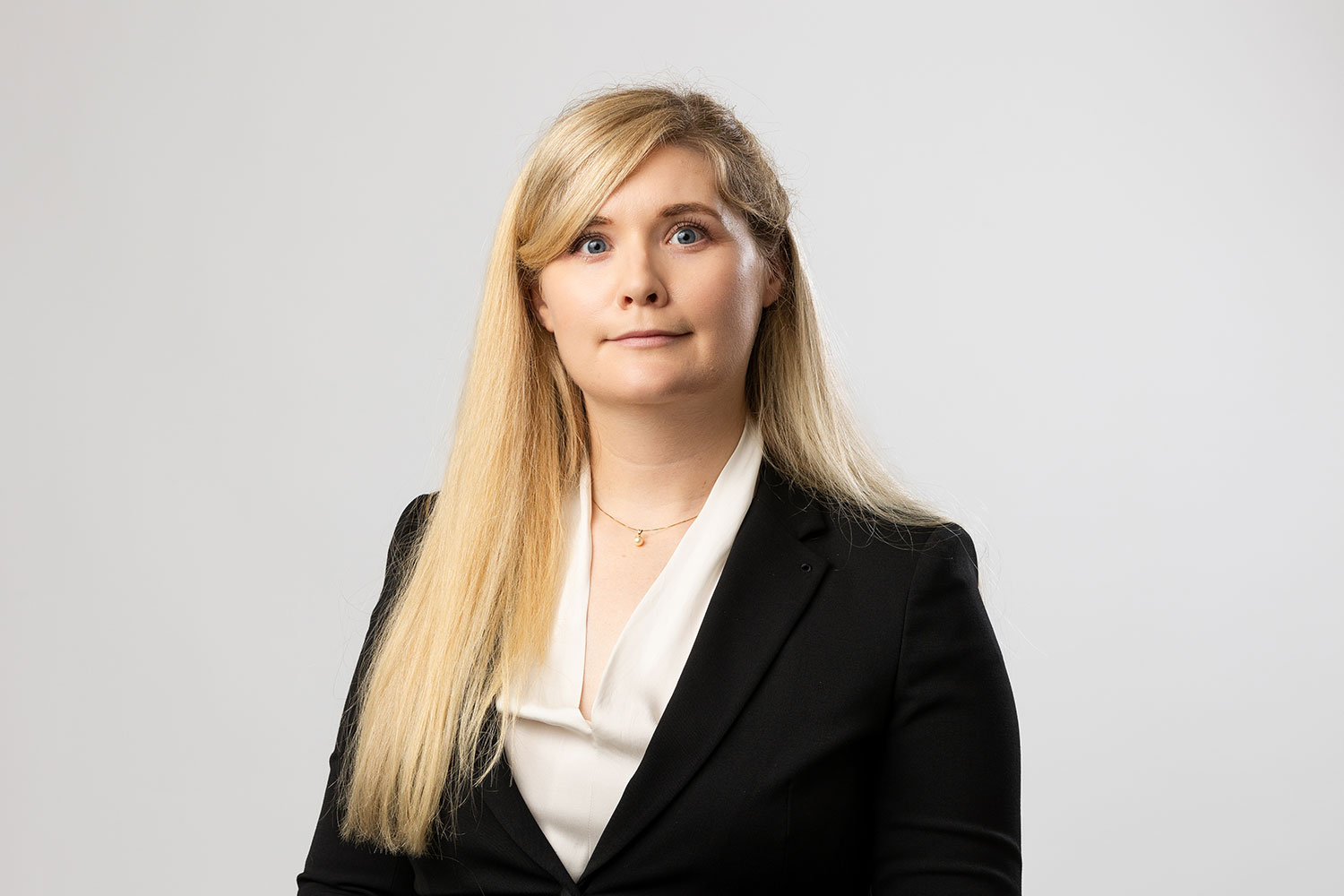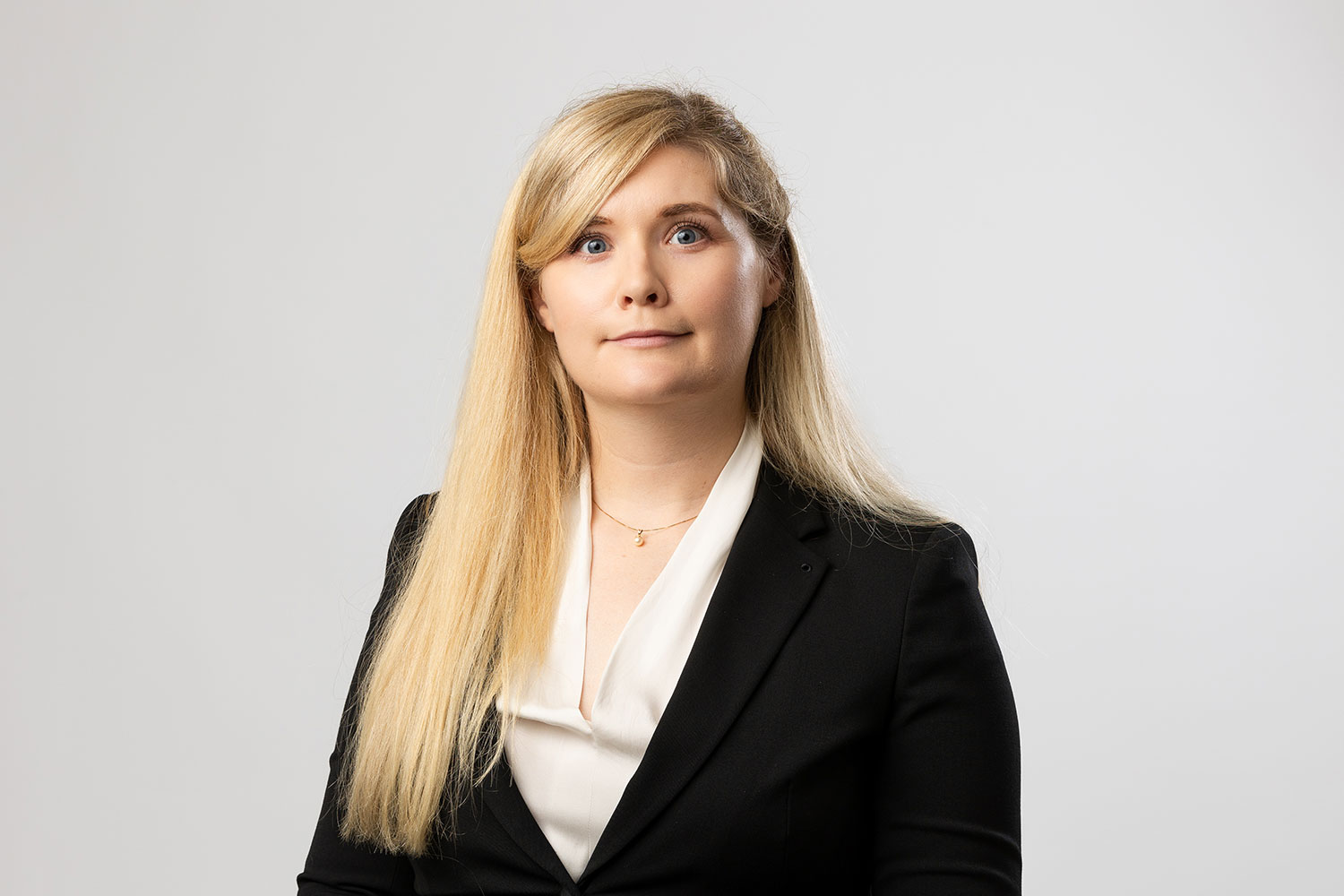
Rebecca Findlay
Managing Associate | Legal
Cayman Islands

Rebecca Findlay
Managing Associate
Cayman Islands
A recent decision in the Cayman Islands considered whether findings of fact by an earlier decision-maker are admissible in a subsequent trial, and what this means for the approach to evidence in a trial in the jurisdiction.
The decision was made by Justice Segal in Simon Conway and others (as the JOLs of Abraaj Holdings) v The GHF Group Limited – FSD 150 of 2020 (NSJ), unreported 3 October 2023. While there have been previous decisions of courts in the Cayman Islands considering the application of Hollington v Hewthorn (for example, In re GFN Corporation Limited [2009] CILR 135), this case is a helpful reminder of the rules on evidence in the case of prior judgments, and how those principles apply in the Cayman Islands.
This decision is particularly important given that litigation in the Cayman Islands will frequently involve cross-border elements, meaning that the existence and content of potentially relevant foreign decisions may be relevant evidence for trial.
This application was dealt with at a pre-trial review which took place a month before the start of the trial of the proceedings (part of the long-running Abraaj litigation which has been the subject of previous Ogier updates). On this application, there was a dispute between the parties as to: (i) whether the trial bundle should include certain foreign court documents with some factual overlap to the present proceedings (this included some decision notices of the Dubai Financial Services Authority in relation to the findings of misconduct at Abraaj, and also a complaint filed by the US Securities and Exchange Commission) (the Foreign Decisions); and (ii) what the evidential status was of those Foreign Decisions.
Relatedly, there was also an application seeking that parts of one of the witness statements be struck out because they referred to the Foreign Decisions.
In the Cayman Islands, hearsay evidence is permissible in affidavit evidence for the purposes of interlocutory applications pursuant to the Grand Court Rules Order 41, rule 5(2). This rule provides that: "An affidavit sworn for the purpose of being used in interlocutory proceedings may contain statements of information or belief with the sources and grounds thereof."
However, hearsay evidence is not generally admissible at trial, and if the hearsay evidence in question is a decision of another decision-maker, then it needs to satisfy the rule in Hollington v F Hewthorn.
The central legal point addressed in the judgment concerns the admissibility of prior judgments or decisions as evidence in subsequent proceedings.
Segal J confirmed that the rule in Hollington v F Hewthorn & Company Limited [1943] KB 587 remains good law in the Cayman Islands. In the original Hollington decision, the English Court of Appeal held that the defendant's criminal conviction for careless driving was not admissible in civil proceedings where a negligence claim was brought against the defendant arising out of a collision with the plaintiff's car. Segal J summarised the rule in Hollington as follows: "The proposition of law for which the rule stands as authority is that opinions expressed and findings of fact made in a previous in personam judgment delivered by a court (in both civil and criminal proceedings) are inadmissible as evidence of the truth of those opinions and facts."
Segal J also considered the more recent English authority of Rogers v Hoyle [2014] EWCA Civ 257 where it was held that the Hollington rule was still good law. In essence, Rogers v Hoyle said that findings of fact made by another decision maker are not to be admitted in a subsequent trial because the decision at that trial is to be made by the judge appointed to hear it (the trial judge), and not by another. The trial judge must decide the case for themselves on the evidence that they receive, and in the light of the submissions on that evidence. The rationale for the rule is therefore that to admit evidence of the findings of fact by another person, "however distinguished, and however thorough and competent [their] examination of the issues may have been", creates the risk that the decision is made at least partially on evidence other than that which the trial judge has heard, and also relying on the opinion of someone who is neither the relevant decision maker nor an expert. So, this means that the opinion of such a person is "as a matter of law, irrelevant and not one to which [the trial judge] ought to have regard". Rogers v Hoyle set out that the foundation of the rule must now be: "the preservation of the fairness of a trial in which the decision is entrusted to the trial judge alone". That decision also notes (albeit obiter) that the Hollington rule does not apply in a scenario where the party against whom the finding is sought to be deployed is bound by it by reason of issue or collateral estoppel (preventing a party from re-litigating an issue that has already been resolved in a previous case where that party was involved).
Segal J noted that Rogers v Hoyle concerned the admissibility of an Air Accident Investigation Branch report in a negligence action, such that the remarks on admissibility of previous judgments are technically not binding, however Segal J considered that it "represent[s] an accurate and authoritative statement of the rule as it applies to previous judgments". Segal J confirmed that this rule applies not only to decisions of courts but also to decisions of similar tribunals (for example, decisions of arbitrators), however, he clarified that the rule has long been held not to apply to decisions arising from inquisitorial proceedings.
Segal J also noted that the rule has a limited scope of application, and although this has been described by others as the rule being "diluted" by case law, Segal J considered that it was better understood as "identifying the outer limits of the application of the rule given its foundation and purpose".
Citing past authority (JSC BTA Bank v Ablyasov [2016] EWHC 3071 (Comm)), Segal J's judgment sets out three examples of situations showing what the rule does not prohibit being put before a Cayman Court.
The judgment records the arguments from the respondent (Plaintiffs) on this application, as follows:
It was submitted on behalf of the Plaintiffs that the Court would then be able to decide whether the parts referred to were admissible and what weight to give the (hearsay) statements made in them, and that this approach is consistent with the recent Rogers v Hoyle authority referred to above.
In short, Segal J agreed with the Plaintiffs and found in their favour and dismissed the application.
After having considered the authorities and setting out the relevant principles (as summarised above), Segal J concluded that the approach proposed by the Plaintiffs was consistent with Rogers v Hoyle and that in the circumstances he should follow the same approach.
Segal J therefore decided that the Foreign Decisions were to be included in the trial bundle and may be referred to by the Plaintiffs in the trial, save that they would not be admissible as evidence of the truth of the opinions and findings of fact contained therein. In light of this, he also did not order any strike out of the sections of the witness statement which had referred to the Foreign Decisions.
It would be for Segal J, as the trial judge, to determine: (i) whether any other parts of the Foreign Decisions are inadmissible; and (ii) to the extent that parts are admissible and referred to and relied on by any of the parties, what weight to attribute to them.
The judgment also notes that the documents covered by the application (those which one of the defendants sought to have excluded from the trial bundle) included a number of documents which are "not judgments or tribunal decisions but transcripts of hearings or originating process issued in foreign proceedings", and so Segal J said the rule clearly did not apply to those documents, and they could also be referred to by the parties at trial. Segal J's decision was therefore only in relation to the Foreign Decisions which were actually judgments and tribunal decisions.
If you would like to know more about the Abraaj case, including Ogier's involvement, the below articles may be of interest.
Abraaj multi-million dollar fraud claim trial ends
Cayman Court grants security for costs in Abraaj related case
Recent Cayman litigation emanating from the Middle East
The Cayman Grand Court's approach to discovery protocols
Discovery Series: The Cayman Court resolves custodian dispute in discovery judgment
Ogier is a professional services firm with the knowledge and expertise to handle the most demanding and complex transactions and provide expert, efficient and cost-effective services to all our clients. We regularly win awards for the quality of our client service, our work and our people.
This client briefing has been prepared for clients and professional associates of Ogier. The information and expressions of opinion which it contains are not intended to be a comprehensive study or to provide legal advice and should not be treated as a substitute for specific advice concerning individual situations.
Regulatory information can be found under Legal Notice
Sign up to receive updates and newsletters from us.
Sign up